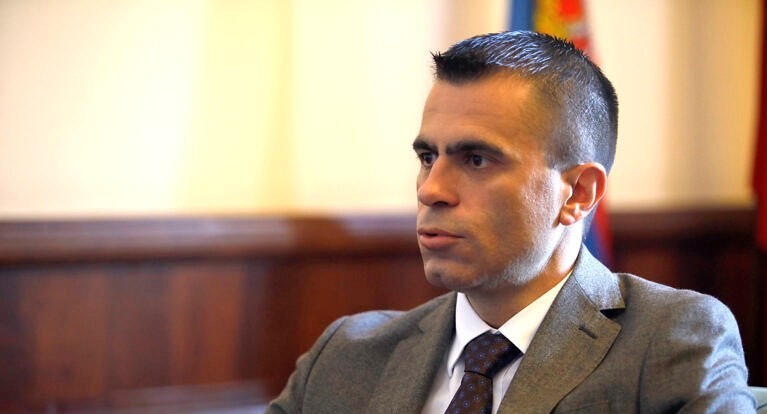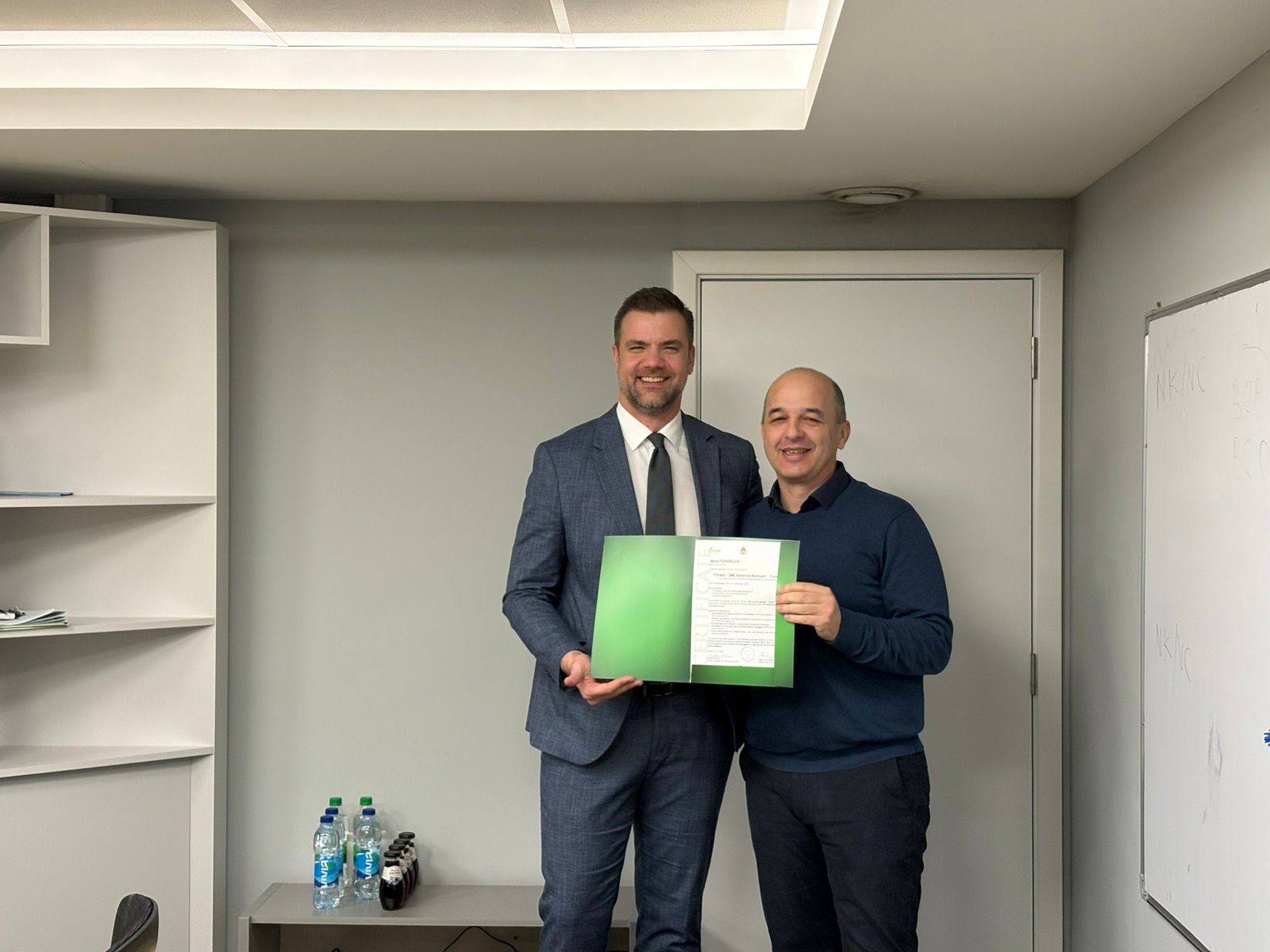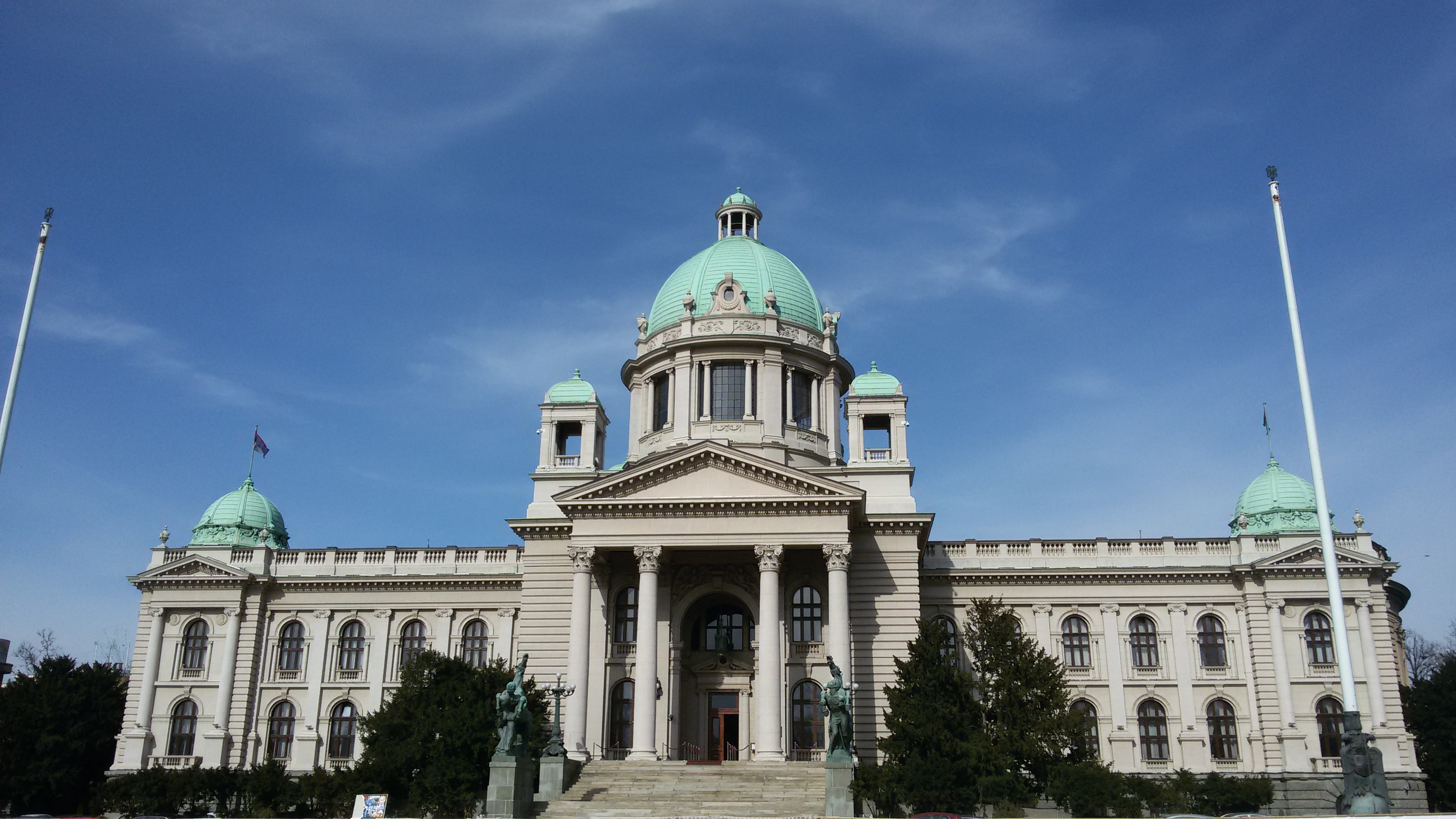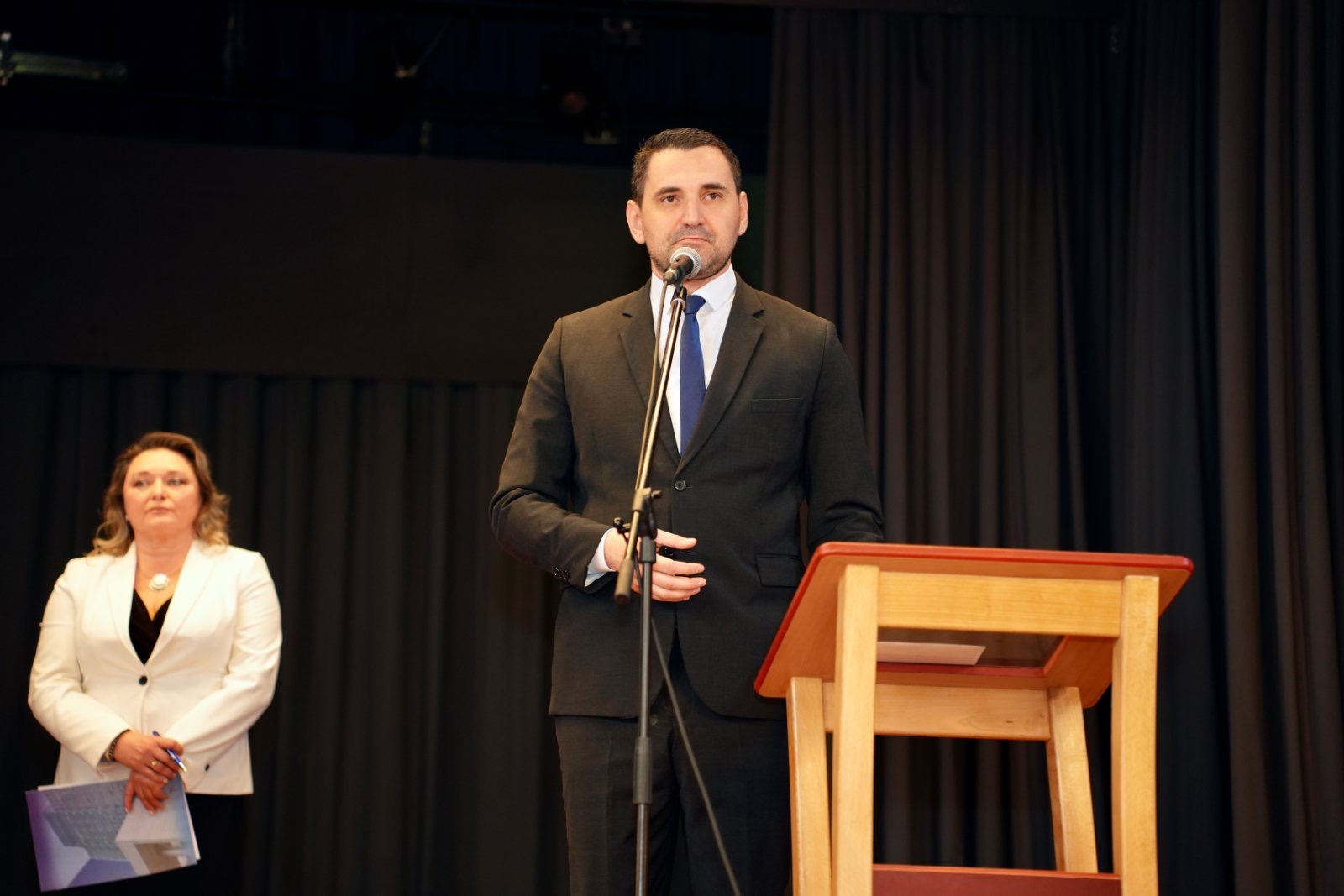Minister without portfolio in charge of relations with the diaspora Đorđe Milićević said that a continuous conversation with our people in the diaspora was required, and for cooperation to be based on understanding, respect and appreciation.
‘Not only for our compatriots who live outside of Serbia to hear Serbia, but also for Serbia to hear what our compatriots who live outside of Serbia think and need, and through this two-way communication to have the cooperation based on understanding, on respect, on appreciation. We are all patriots in equal measure’, Milićević said.
He added that it was important to properly understand the potential of the diaspora, because it held great human and financial capital.
‘The diaspora is ready to do what is necessary for Serbia. I need not remind you how much the diaspora helped Serbia at the time of the floods, and I am only quoting one segment that is important for us. They know that their motherland is Serbia and that we have one common denominator’, stated the minister.
Milićević noted that it was important to visit local self-governments in Serbia to collect information about the people who had left them.
‘Every city and every municipality on the territory of Serbia has its own diaspora. Have you ever thought about that diaspora, have you ever had information on who the people who left your municipality are, who the people who left your city are; there are many successful professors, businessmen, doctors, lawyers and politically engaged people among them who can contribute to the city, municipality, local self-government and Serbia’, explained Milićević.
According to him, the main goal of the Ministry is to strengthen the existing and establish as strong as possible connection between the motherland and compatriots living outside of Serbia.
‘To reach that goal, we have defined several key steps. We have continued to bring Serbia closer to the diaspora, to network all those associations and relevant organizations that bring together Serbs outside of Serbia, and we have continued discussing the importance and significance of the diaspora and its potential in Serbia among the citizens of Serbia’, Milićević said.
He said that online consultative meetings with diaspora organizations had been introduced and become practice.
He stated that during summer 22 camps had been organized for young people aged 13 to 25 and added that over 5,000 young people had participated in three thematic camps.
‘On Sunday, we will close the 22nd camp in Sremska Mitrovica, 22 local self-governments, three thematic camps, a scientific and educational camp, an eco camp and cultural and artistic societies. ‘They did not deal with these topics only, the point was to learn about the cultural and historical heritage of the municipality and the city where they were’, Milićević said.
He added that the costs of youth stay and travel from the diaspora had been borne by the Government through the Ministry dealing with the coordination, measures, activities and relations of Serbia with the diaspora.
He noted that the conclusion of the Vidovdan Assembly was to create a strategy to clearly define the directions of action in the coming period.
‘We already have programs aimed at the diaspora. We will prepare a draft strategy and put it for public hearing that we will organize in 10 countries with a large number of our citizens. Where there is less people, we will conduct the public hearing via the Zoom application. We will hold a public hearing also in Serbia’, Milićević concluded.
Source: Radio Television of Serbia – Tanjug
Photo: Đorđe Milićević





